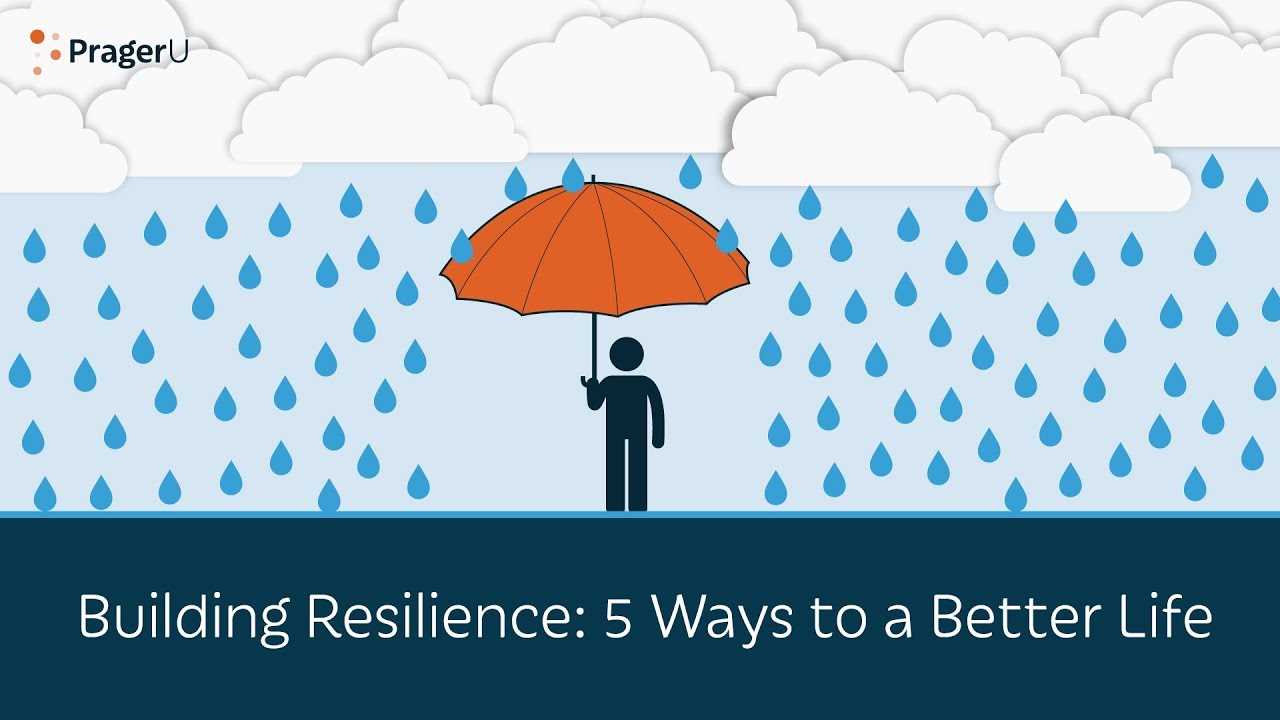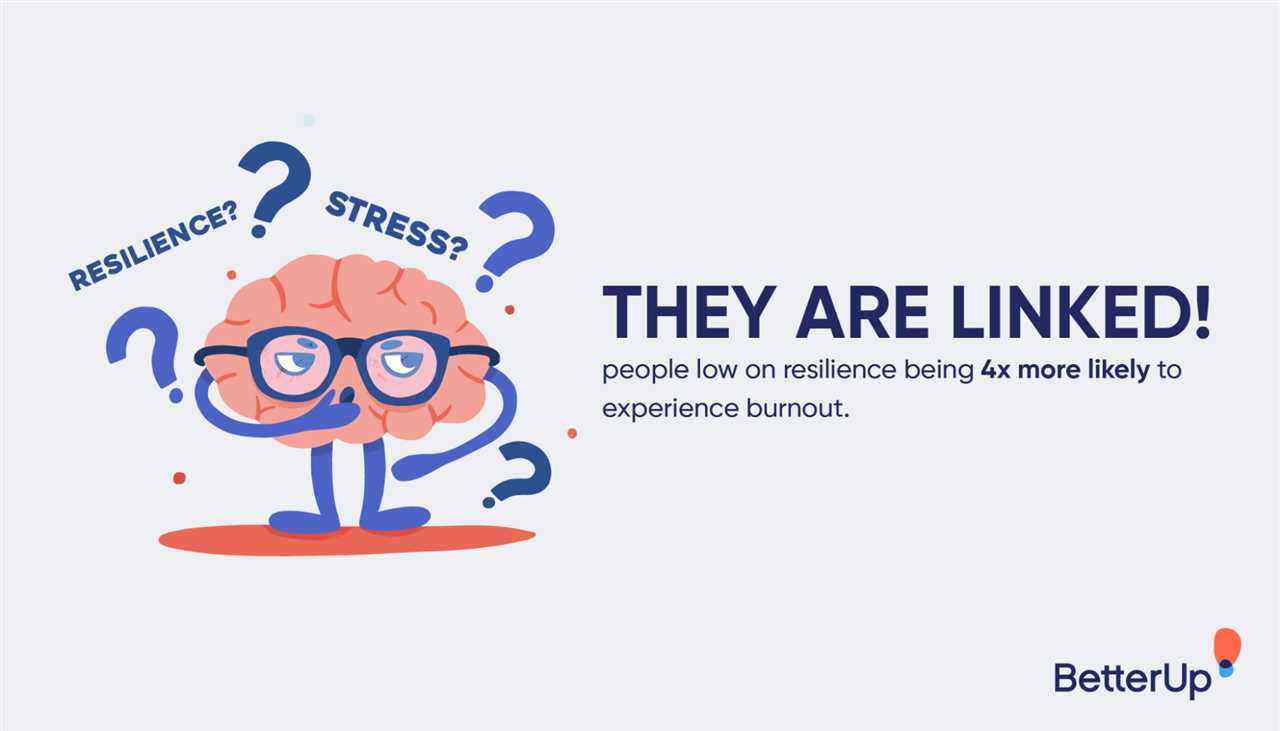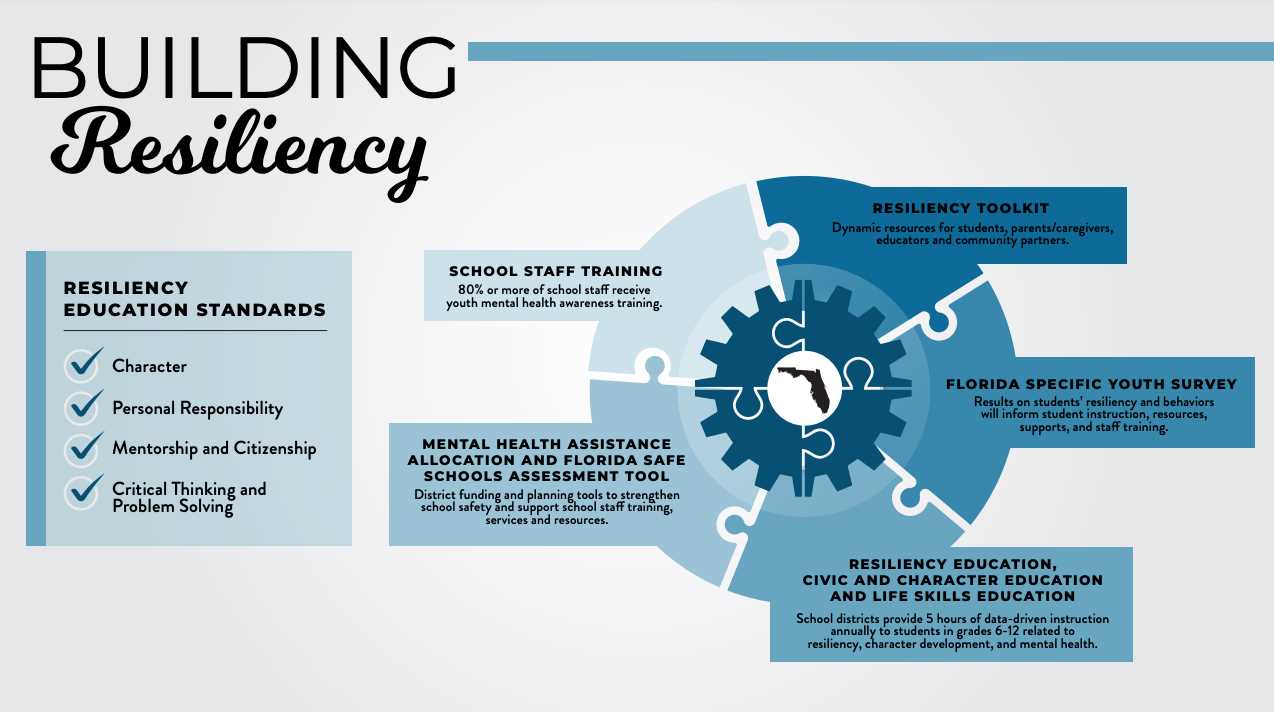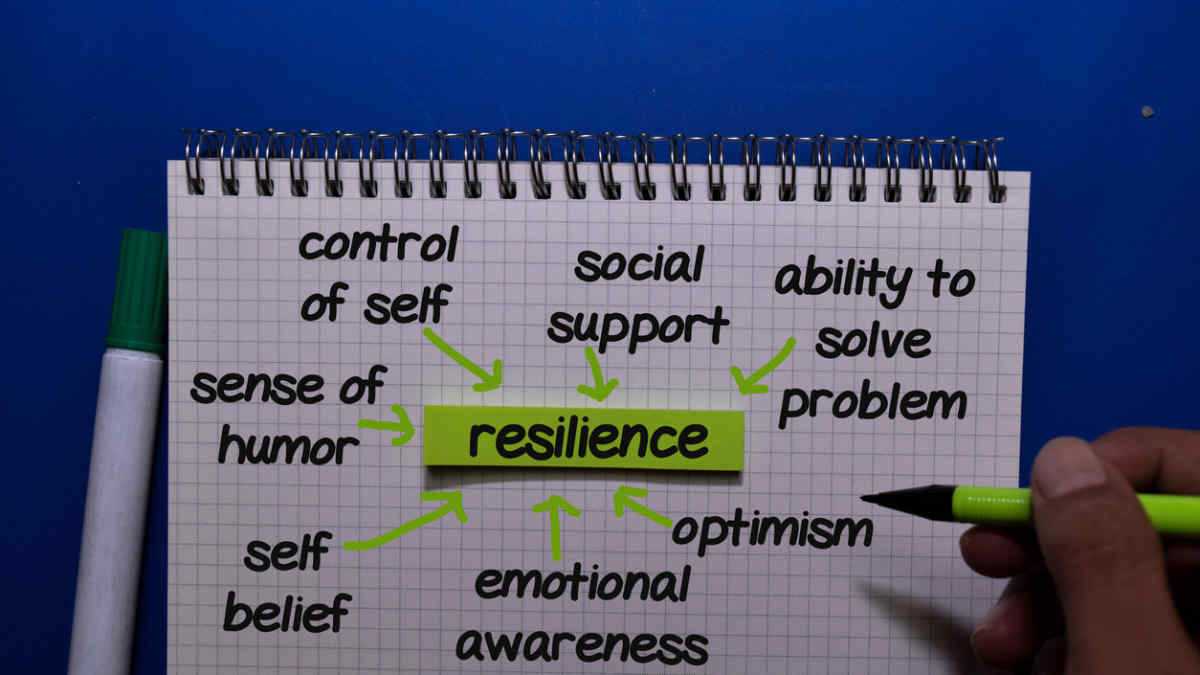
In today’s fast-paced and demanding world, stress has become an unavoidable part of our lives. Whether it’s due to work pressure, personal challenges, or unexpected events, we all face stress on a daily basis. The key to managing stress lies in our ability to build resilience and develop the necessary skills to thrive in challenging times.
One effective approach to building resilience is through stress exposure training. This type of training involves intentionally exposing oneself to stressful situations in a controlled environment. By gradually increasing the intensity and duration of exposure, individuals can learn to adapt and respond more effectively to stressors.
During stress exposure training, individuals are guided through various techniques and strategies to help them better understand and manage their stress responses. These may include mindfulness exercises, cognitive reframing, and relaxation techniques. By practicing these skills in a safe and supportive environment, individuals can develop a greater sense of control and confidence in dealing with stress.
Stress exposure training is not about eliminating stress from our lives, but rather about equipping ourselves with the tools and resilience to navigate through it. It teaches us to view stress as an opportunity for growth and personal development, rather than something to be avoided or feared. By embracing stress and learning from it, we can build the skills necessary to thrive in challenging times and emerge stronger and more resilient than before.
What is Stress Exposure Resilience Training?

Stress Exposure Resilience Training is a program designed to help individuals build the skills and resilience needed to thrive in challenging times. It focuses on the concept of exposure, training individuals to face and adapt to stressors in a controlled and supportive environment.
The training involves exposing individuals to various stressors, both physical and psychological, in order to help them develop the necessary coping mechanisms and resilience. This exposure allows individuals to become more familiar with stressors and learn how to effectively manage and respond to them.
Through this training, individuals are taught specific techniques and strategies for managing stress, such as deep breathing exercises, mindfulness practices, and cognitive reframing. They also learn how to identify and challenge negative thought patterns and beliefs that contribute to stress and develop healthier coping mechanisms.
Stress Exposure Resilience Training is not about eliminating stress from one’s life, but rather about building resilience and developing the skills needed to effectively navigate and thrive in stressful situations. It empowers individuals to take control of their stress response and build a foundation of resilience that can be applied to various areas of their lives.
In conclusion, Stress Exposure Resilience Training is a comprehensive program that equips individuals with the tools and skills necessary to face and overcome stress. By exposing individuals to stressors in a controlled environment and providing them with specific strategies for managing stress, this training helps individuals build resilience and thrive in challenging times.
Overview of Stress Exposure Resilience Training

Stress Exposure Resilience Training is a program designed to help individuals build resilience and thrive in challenging times. The training focuses on providing individuals with the skills and tools to effectively manage stress and exposure to difficult situations.
The program begins by providing participants with an understanding of stress and its impact on the body and mind. Through educational sessions and interactive exercises, individuals learn how to recognize and respond to stress in a healthy and productive way.
One of the key components of Stress Exposure Resilience Training is exposure therapy. This technique involves gradually exposing individuals to stressors in a controlled and supportive environment. By gradually increasing exposure to stress, individuals are able to build resilience and develop effective coping mechanisms.
The training also incorporates various stress management techniques, such as deep breathing exercises, mindfulness meditation, and cognitive restructuring. These techniques help individuals to regulate their emotions, reduce anxiety, and improve their overall well-being.
In addition to stress management techniques, the program also focuses on building social support networks. Participants learn the importance of seeking support from friends, family, and colleagues during times of stress. They also learn how to effectively communicate their needs and boundaries, and how to ask for help when needed.
Throughout the training, participants are encouraged to practice self-care and engage in activities that promote relaxation and well-being. This may include engaging in hobbies, exercising regularly, and getting enough sleep.
Overall, Stress Exposure Resilience Training provides individuals with the skills and tools they need to effectively manage stress and thrive in challenging times. By building resilience and developing effective coping mechanisms, individuals are able to navigate difficult situations with confidence and maintain their overall well-being.
Understanding the concept of stress resilience

Stress resilience refers to the ability to adapt and bounce back from exposure to stressful situations. It is the capacity to maintain mental and emotional well-being in the face of adversity and to effectively cope with the challenges of life. Resilience is not about avoiding stress, but rather about developing the skills and resources to manage and navigate through it.
Exposure to stress is a normal part of life, and everyone experiences it to some degree. However, individuals with high levels of stress resilience are better equipped to handle and recover from stressful events. They are able to maintain a sense of control, perspective, and optimism, even in the face of difficult circumstances.
Resilience is not a fixed trait, but rather a set of skills and strategies that can be learned and developed over time. Building resilience involves cultivating a strong support network, developing effective coping mechanisms, and practicing self-care. It also involves adopting a positive mindset and reframing challenges as opportunities for growth.
| Key Elements of Stress Resilience |
|---|
| 1. Emotional regulation |
| 2. Problem-solving skills |
| 3. Social support |
| 4. Optimism and positive thinking |
| 5. Self-care and stress management |
| 6. Flexibility and adaptability |
By developing these key elements, individuals can enhance their stress resilience and improve their ability to thrive in challenging times. Stress exposure resilience training programs provide individuals with the tools and strategies needed to build and strengthen their resilience skills, enabling them to better navigate and cope with stress in their lives.
Importance of building resilience skills

Exposure to stress is an inevitable part of life. Whether it’s work-related pressures, personal challenges, or unexpected events, we all experience stress at some point. However, the way we respond to stress can greatly impact our overall well-being and ability to cope with difficult situations.
Building resilience skills is crucial in today’s fast-paced and demanding world. Resilience refers to the ability to bounce back from adversity, adapt to change, and maintain a positive outlook despite challenging circumstances.
Resilience skills help individuals develop a strong foundation for dealing with stress. They enable us to better manage our emotions, thoughts, and behaviors when faced with difficult situations. By building resilience, we can enhance our ability to recover from setbacks, navigate through uncertainties, and maintain a sense of control and balance in our lives.
Moreover, resilience skills provide us with the tools to overcome obstacles and build a more fulfilling and meaningful life. They help us develop a growth mindset, which allows us to see challenges as opportunities for personal growth and learning. Resilience also fosters greater self-confidence and self-esteem, as we become more adept at handling stress and overcoming adversity.
Building resilience skills is not only beneficial for individuals but also for organizations and communities. Resilient individuals are better equipped to handle work-related stress, contribute to a positive work environment, and maintain productivity even in challenging times. In communities, resilience skills can help individuals come together and support each other during times of crisis.
In conclusion, the importance of building resilience skills cannot be overstated. In a world where stress and adversity are inevitable, developing resilience is crucial for maintaining mental and emotional well-being. By building resilience, we can navigate through challenging times with greater ease, adapt to change, and thrive in the face of adversity.
Benefits of Stress Exposure Resilience Training

Stress Exposure Resilience Training (SERT) is a program designed to help individuals build resilience and effectively cope with stress. By exposing individuals to controlled stressors, SERT aims to strengthen their ability to adapt and thrive in challenging situations.
Here are some key benefits of participating in Stress Exposure Resilience Training:
- Improved resilience: SERT helps individuals develop resilience by gradually exposing them to stressors in a controlled environment. This exposure allows individuals to build their resilience muscles, enabling them to better cope with stress in real-life situations.
- Enhanced stress management skills: Through SERT, individuals learn a variety of stress management techniques and strategies. These skills can help individuals better regulate their emotions, reduce anxiety, and improve their overall well-being.
- Increased self-awareness: SERT encourages individuals to reflect on their reactions to stress and identify their triggers. This self-awareness can help individuals recognize patterns of behavior and develop healthier coping mechanisms.
- Improved problem-solving abilities: SERT provides individuals with opportunities to practice problem-solving skills in a safe and supportive environment. By navigating through challenging situations during training, individuals can enhance their problem-solving abilities and become more adept at finding effective solutions.
- Enhanced performance under pressure: By exposing individuals to stressors, SERT helps individuals become more comfortable and perform better in high-pressure situations. This can be particularly beneficial for individuals in high-stress professions or those who frequently encounter demanding circumstances.
Overall, Stress Exposure Resilience Training offers a range of benefits that can positively impact individuals’ ability to navigate and thrive in challenging times. By building resilience, enhancing stress management skills, increasing self-awareness, improving problem-solving abilities, and enhancing performance under pressure, SERT equips individuals with the tools they need to overcome stress and adversity.

I am Patrina de Silva, a psychologist and mental health blogger in Sri Lanka. After obtaining psychology degrees from the University of Colombo and Monash University, I returned home to work as a counselor while also starting the popular blog “Pressy but Happy” to provide advice on psychological issues. Over the past decade, my empathetic articles have made my blog a leading mental health resource in the country. In addition to writing, I maintain a private therapy practice, frequently volunteer counseling time, and conduct seminars, driven by my passion for destigmatizing mental illness and educating the public on the mind-body connection. I strive to be an influential voice in my field through my compassionate approach.
